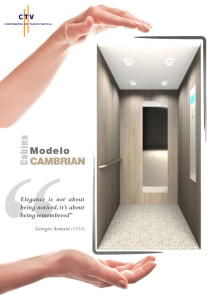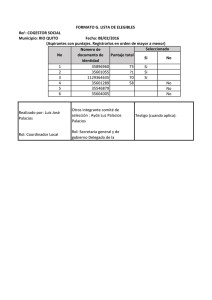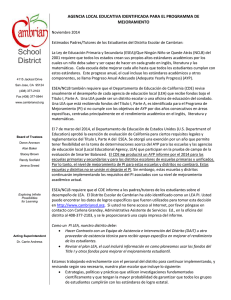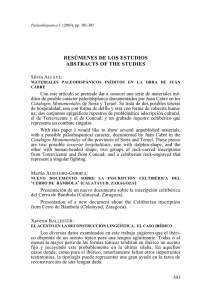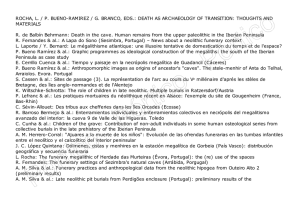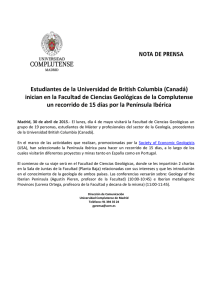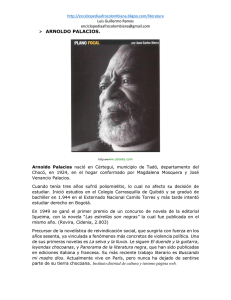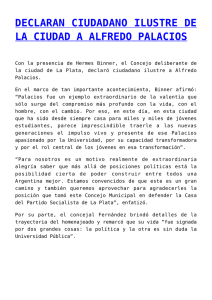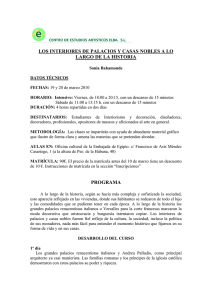Acritarch biostratigraphy of the Lower
Anuncio
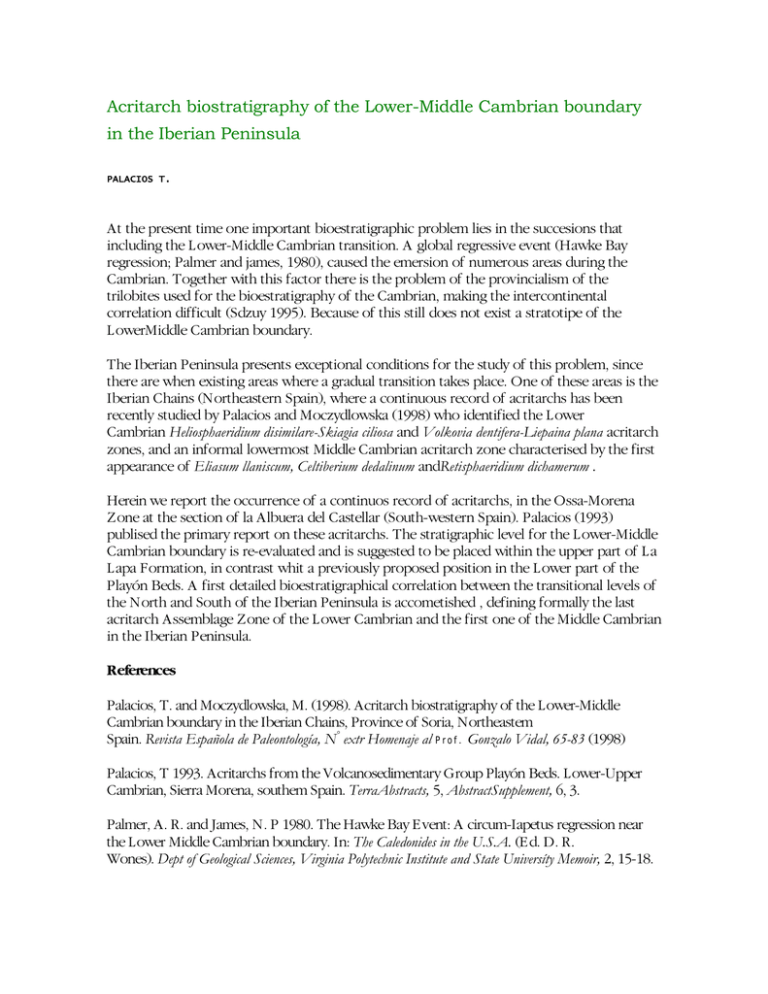
Acritarch biostratigraphy of the Lower-Middle Cambrian boundary in the Iberian Peninsula PALACIOS T. At the present time one important bioestratigraphic problem lies in the succesions that including the Lower-Middle Cambrian transition. A global regressive event (Hawke Bay regression; Palmer and james, 1980), caused the emersion of numerous areas during the Cambrian. Together with this factor there is the problem of the provincialism of the trilobites used for the bioestratigraphy of the Cambrian, making the intercontinental correlation difficult (Sdzuy 1995). Because of this still does not exist a stratotipe of the L owerMiddle Cambrian boundary. The Iberian Peninsula presents exceptional conditions for the study of this problem, since there are when existing areas where a gradual transition takes place. One of these areas is the Iberian Chains (Northeastern Spain), where a continuous record of acritarchs has been recently studied by Palacios and Moczydlowska (1998) who identified the L ower Cambrian Heliosphaeridium disimilare-Skiagia ciliosa and Volkovia dentifera-Liepaina plana acritarch zones, and an informal lowermost Middle Cambrian acritarch zone characterised by the first appearance of Eliasum llaniscum, Celtiberium dedalinum andRetisphaeridium dichamerum . Herein we report the occurrence of a continuos record of acritarchs, in the Ossa-Morena Zone at the section of la Albuera del Castellar (South-western Spain). Palacios (1993) publised the primary report on these acritarchs. The stratigraphic level for the L ower-Middle Cambrian boundary is re-evaluated and is suggested to be placed within the upper part of La L apa Formation, in contrast whit a previously proposed position in the L ower part of the Playón Beds. A first detailed bioestratigraphical correlation between the transitional levels of the North and South of the Iberian Peninsula is accometished , defining formally the last acritarch Assemblage Zone of the L ower Cambrian and the first one of the Middle Cambrian in the Iberian Peninsula. References Palacios, T. and Moczydlowska, M. (1998). Acritarch biostratigraphy of the Lower-Middle Cambrian boundary in the Iberian Chains, Province of Soria, Northeastem Spain. Revista Española de Paleontología, N° extr Homenaje al P r o f . Gonzalo Vidal, 65-83 (1998) Palacios, T 1993. Acritarchs from the Volcanosedimentary Group Playón Beds. Lower-Upper Cambrian, Sierra Morena, southem Spain. TerraAbstracts, 5, AbstractSupplement, 6, 3. Palmer, A. R. and James, N. P 1980. The Hawke Bay Event: A circum-Iapetus regression near the Lower Middle Cambrian boundary. In: The Caledonides in the U.S.A. (Ed. D. R. Wones). Dept of Geological Sciences, Virginia Polytechnic Institute and State Universíty Memoir, 2, 15-18. Sdzuy, K.1995. Acerca del conocimiento actual del Sistema Cámbrico y del limite Cámbrico InferiorCámbrico Medio. En La Expansión de !a Vida en el Cámbrico (Homenaje al P r o f . Klaus Sd.Zuy). Gámez Vintaned, J. A. y Liñán, E. (eds) Institución Fernando el Católico. Zaragoza pp 253256
